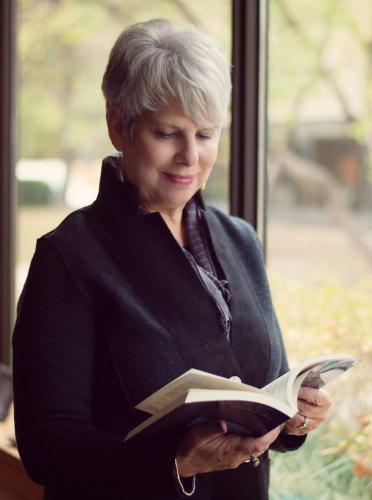Perhaps more than all the patriarchs, Jacob is the one that struggles most with the invisible. He dreams, he envisions, he wrestles with unnamed. He sees, looks into the eyes of his nemesis, his enemy, and sees the face of God. His journey is a spiritual wandering towards discovery and self-awareness. He sees into the future and ultimately is a uniting force that actualizes that future.
Rabbi Jonathon Sacks, z'l, poses an important question:
What is it that made Jacob - not Abraham or Isaac or Moses - the true father of the Jewish people? We are called the "congregation of Jacob," "the Children of Israel." Jacob/Israel is the man whose name we bear. Yet Jacob did not begin the Jewish journey; Abraham did. Jacob faced no trial like that of Isaac at the Binding. He did not lead the people out of Egypt or bring them the Torah. To be sure, all his children stayed within the faith, unlike Abraham or Isaac. But that simply pushes the question back one level. Why did he succeed where Abraham and Isaac failed? Light in Dark Times (Vayetse 5781)
Rabbinic tradition sees Jacob as a visionary who can anticipate the future and profoundly understands the human soul.
Take the dream in this week's Torah portion for example.
He had a dream in which he saw a ladder resting upon the earth, with its top reaching to heaven, and the angels of God were ascending and descending on it…. When Jacob awoke from his sleep, he thought, "Surely God is in this place, and I was not aware of it." He was afraid and said, "How awesome is this place! This is none other than the house of God; this is the gate of heaven" (Genesis 28:12-17).
Midrash Rabah teaches that Jacob's ladder is actually the vision of Mt. Sinai. The rabbis count the numeric value of the letters that form the word ladder, sulam in Hebrew, and the word Sinai. Both add up to 130. In this interpretation of the dream, Jacob is a visionary; he anticipates the moment when this wandering people will become a nation through shared stories, memories, and a Divine obligation to obey a series of laws, rules, and a profoundly meaningful ethical system. He sees the mountain that will connect heaven and earth.
The 11th-century poet and biblical commentator Rabbi Solomon ibn Gabirol believed that the ladder and angels in Jacob's dream reflect the spiritual nature of the human condition. According Gabirol, Jacob believed that our souls yearn to be close to God. Spiritual ascension is possible and the angels in the dream represent the wisdom we acquire as we practice spiritual living
Ibn Ezra, another 11th -century Sephardic biblical commentator, rejects Gabirol's explanation along with most rabbinic interpretations of Jacob's dream, saying:
These commentators have apparently not studied the prophecies of Zechariah, Amos, and Jeremiah. The way to interpret Jacob's dream is to view it as a parable. It teaches that nothing is hidden from God and that what happens below is contingent on the decree from above (all of the above are quoted by ibn Ezra on Genesis 28:12).
These three explanations begin to answer Rabbi Sach's question. Jacob is a prophet who sees into the future and anticipates Sinai. He is a teacher who shows us the spiritual yearnings of the human heart. He is theologian who explains the nature of the relationship between God and the people.
Whichever teaching resonates with us, Jacob is described as a visionary leader, one who inspires our people and ultimately unites us. He becomes our namesake and we become the Children of Israel.
Jacob's dream and Jacob himself inspire us. We are inspired by his imperfections, because they show us that we can falter and still find purpose. We are inspired by his journey. We are inspired by his struggle. And we are inspired by his perseverance.
Jacob is an inspirational leader.
Inspirational leadership appeals to the inner sanctum of our being, deeply touching that which is essential in life. It awakens the yearning for meaning and purpose that slumbers in our heart, moving us off the neatly made bed of complacency, unlocking the wonder and enthusiasm that silently lives in our hearts. It motivates us to live and act as if we really mean it, and as if our actions mean something.
We bear witness to what is possible, despite what others believe is merely probable. We remember that we are not alone, though our life's journey seems solitary. We remember that we were called into being and that we are called to service by some great Mystery, and that we therefore owe the world or humanity or the great Mystery Itself a piece of who we are. We remember that our life matters.
And we struggle with invisible forces and with our own inner being:
Then he said, "Your name will no longer be Jacob, but Israel, because you have struggled with the divine beings and with humans and have overcome."…So Jacob called the place Peniel, saying, "It is because I saw God face to face, and yet my life was spared" (Genesis 32:29-31).
Jacob prevailed.
May we prevail.
Explore Jewish Life and Get Inspired
Subscribe for Emails

